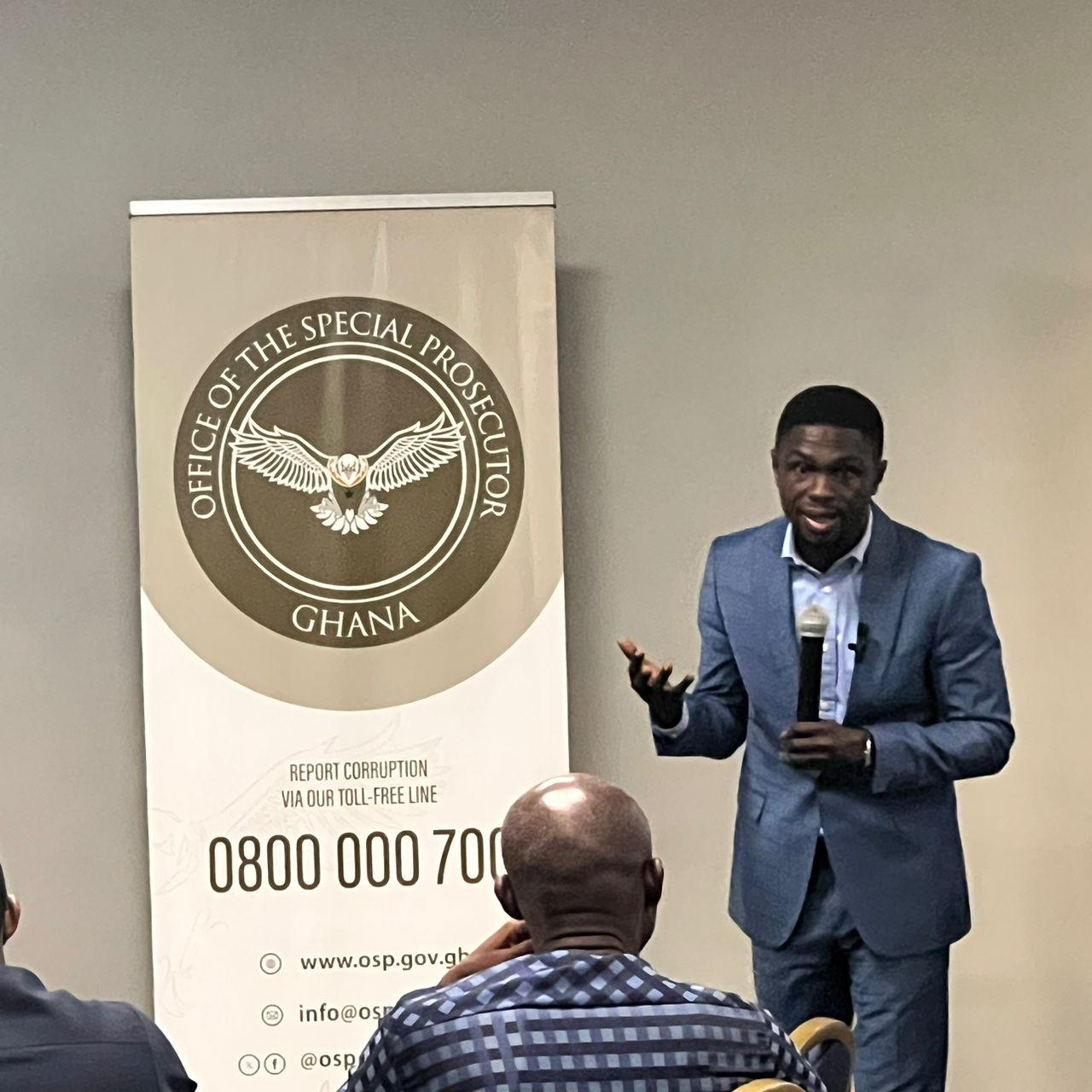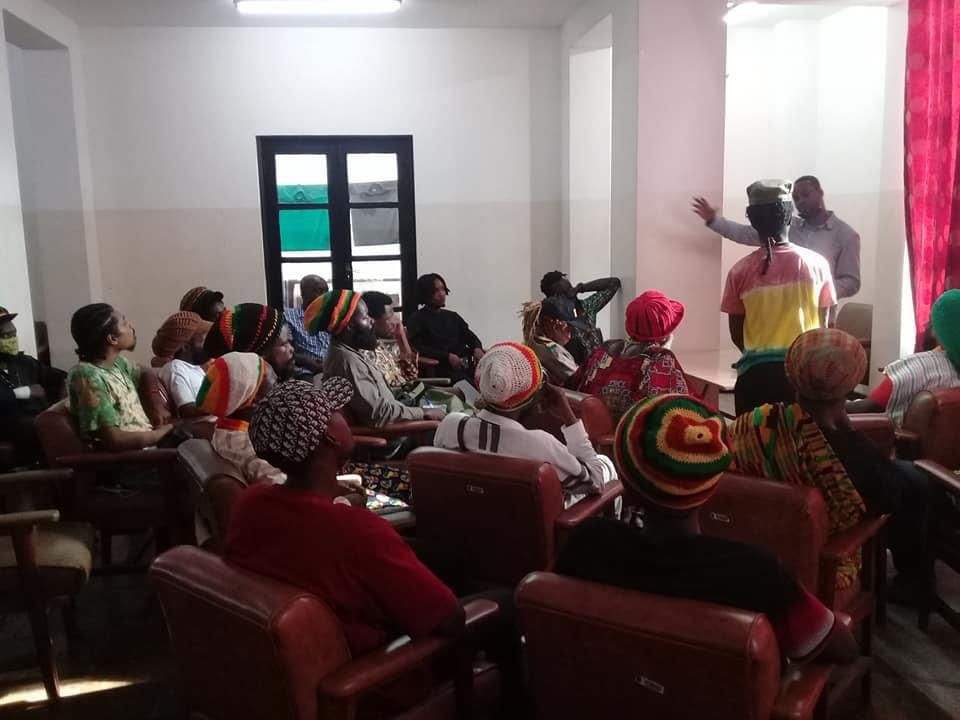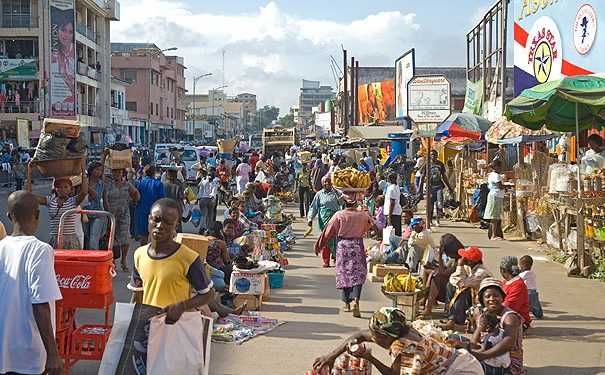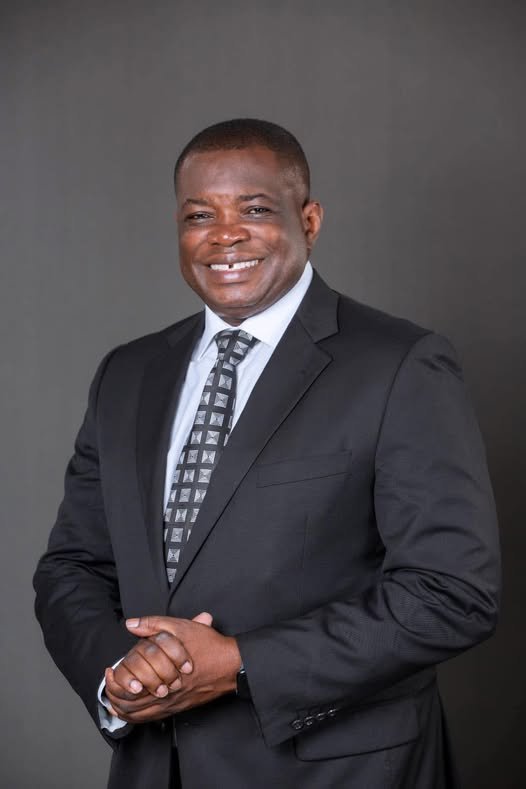
The International Labour Organization (ILO), through its three interlinked projects, has convened a two-day multi-stakeholder workshop to explore how inclusive financial solutions can be leveraged to reduce decent work deficits and promote economic inclusion for vulnerable populations, particularly cocoa farmers, migrant workers and artisanal and small-scale miners.
The two-day workshop, which took place from Monday, May 5, 2025 to Tuesday May 6, 2025 in Accra was dubbed “Innovating for Inclusion: Financial Solutions to Advance Decent Work.”
It brought together key actors from trade unions, civil society, financial institutions and the government to brainstorm innovative approaches to financial inclusion that align with rights-based development strategies.

Opening the event, Mr. Abubakari Kamil, National Project Coordinator of the ILO, emphasised that despite years of effort by successive governments to promote sustainable development, decent work deficits continue to persist in vulnerable sectors.
“Limited access to decent employment, social protection, fair recruitment practices and financial services remain critical challenges.
“We are here today because we believe in the power of collaborative action and innovative solutions to address these needs,” he said.
Mr. Kamil pointed out that when implemented responsibly and effectively, inclusive finance has the potential to empower families, strengthen cooperatives and expand opportunities for all. “Over the next two days, we will be engaged in deep discussions about rights, about dignity and about the future of work in Ghana,” he added.
As Mr. Kamil noted, “We hope that this workshop will further strengthen our collaboration, inspire innovation and accelerate our common goal in ensuring that we are providing inclusive and resilient economies that work for all.”
Also addressing participants, Mr. Kennedy Atong Achakoma, Director of Education and Training at the Trades Union Congress (TUC), who emphasised the critical link between financial inclusion and decent work outcomes.
He noted that while financial issues are not always seen as barriers to decent work, their role in shaping access to social protection, productive employment, and income security cannot be ignored.
“Social protection is deeply connected to financial inclusion. So is productive employment and the ability to support oneself through decent income,” Mr. Achakoma stated, adding “When you talk about development, it is about bringing everybody – particularly vulnerable groups – into the center of that development.”
He stressed the need to develop innovative pathways that bring vulnerable workers into the mainstream economy.
By co-creating solutions with the affected communities, he said, Ghana could work towards a more just and fair society.
The workshop was jointly organised by three ILO projects operating in Ghana: “Accelerating Action for the Elimination of Child Labour in Supply Chains in Africa (ACCEL Africa),” “Fair Recruitment Initiative – Phase III” and the “Social Finance Programme.”
While each project targets a unique thematic area, they are united in their vision of addressing inequalities through inclusive finance as a lever for systemic change.
During the plenary sessions, ILO experts presented updates on the three core projects. These included strategies for reducing child labour in cocoa supply chains, ensuring fair recruitment of migrant workers, and designing financial tools that cater to the needs of informal and low-income workers.
Panel discussions brought together representatives from financial institutions, employers’ associations, unions, and government bodies to identify gaps and opportunities in financial service delivery.
Key issues discussed included the role of digital financial services, the need for gender-sensitive products and how to strengthen financial cooperatives in rural communities.
One of the workshop’s most engaging features is the co-creation sessions, where participants break into working groups to collaboratively design inclusive financial solutions.
The focus is on creating practical tools and models – such as credit and savings products linked to social protection, responsible mobile money platforms, and group-based financial literacy initiatives.
One of the workshop’s core innovations is its participatory approach, encouraging attendees to share field experiences and work together to design realistic, context – specific interventions. According to the concept note, the workshop is expected to produce a community of practice, promote peer learning, and inspire cross-sector collaboration that can be sustained beyond the event.
The workshop also sought to identify actionable strategies for strengthening financial resilience among informal workers, improving access to social security, and ensuring fair recruitment practices that are underpinned by ethical financing.
This effort is in line with ILO’s broader Decent Work Agenda, which promotes opportunities for people to obtain productive work in conditions of freedom, equity, security, and dignity.
It also aligns with the United Nations’ Sustainable Development Goals (SDGs), particularly SDG 1 (No Poverty), SDG 8 (Decent Work and Economic Growth) and SDG 10 (Reduced Inequalities).
The post ILO holds 2-day multi-stakeholder workshop on decent work and inclusive finance appeared first on The Ghanaian Chronicle.
Read Full Story
























Facebook
Twitter
Pinterest
Instagram
Google+
YouTube
LinkedIn
RSS